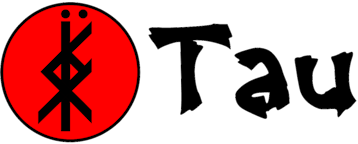First Truth, then Reconciliation
We have members across the West, and we acknowledge the multiple First Nations traditional territories where we live, work and play.
Our organization is centered in the islands of the mid-Salish Sea. As such we specifically acknowledge our hosts of several nations, collectively the SENĆOŦEN speaking peoples, also referred to as the Malchosen, the Lekwungen, the Semiahmoo, and the T’Sou-ke.
We have allocated 10% of grants we receive to our Indigenous partners and agencies since 2018.
We have advocated for the restoration of the common Indigenous language of the Pacific Northwest (Chinuk) since 2020. Historically, Chinuk was the most widely spoken Indigenous language on Turtle Island and meant to be used by all communities as a common language. Many Indigenous concepts can only be expressed in an Indigenous language.
Reestablishing the role of community elders in all communities through our Living Eldership program has always been, and remains, a keystone in our cross-generational community wellness programs.
We commit to a decade of decolonization to address the generations of harm caused as a first step toward reconciliation.
We look to share a way forward based on mutual respect marked by stories of our communities learning together in this time of Truth and Reconciliation.
The Truth and Reconciliation Ten Principles
5. Reconciliation must create a more equitable and inclusive society by closing the gaps in social, health, and economic outcomes that exist between Indigenous and non-Indigenous Canadians.
6. All Canadians, as Treaty peoples, share responsibility for establishing and maintaining mutually respectful relationships.
7. The perspectives and understandings of Indigenous Elders and Traditional Knowledge-Keepers about the ethics, concepts, and practices of Reconciliation are vital to long-term reconciliation.
8. Supporting Indigenous peoples’ cultural revitalization and integrating Indigenous knowledge systems, oral histories, laws, protocols, and connections to the land into the Reconciliation process are essential.
9. Reconciliation requires political will, joint leadership, trust-building, accountability, and transparency, as well as a substantial investment of resources.
10. Reconciliation requires sustained public education and dialogue, including youth engagement, about the history and legacy of residential schools, Treaties, and Indigenous rights, as well as the historical and contemporary contributions of Indigenous peoples to Canadian society.
Indigenous Arts
Support Indigenous artists
All About Chinuk (Chinook)
The common Indigenous language in the Pacific NW
Stay Current on Truth and Reconciliation Initiatives
A list server for all communities in the Pacific Northwest
Thanks for subscribing! Please check your email for further instructions.
